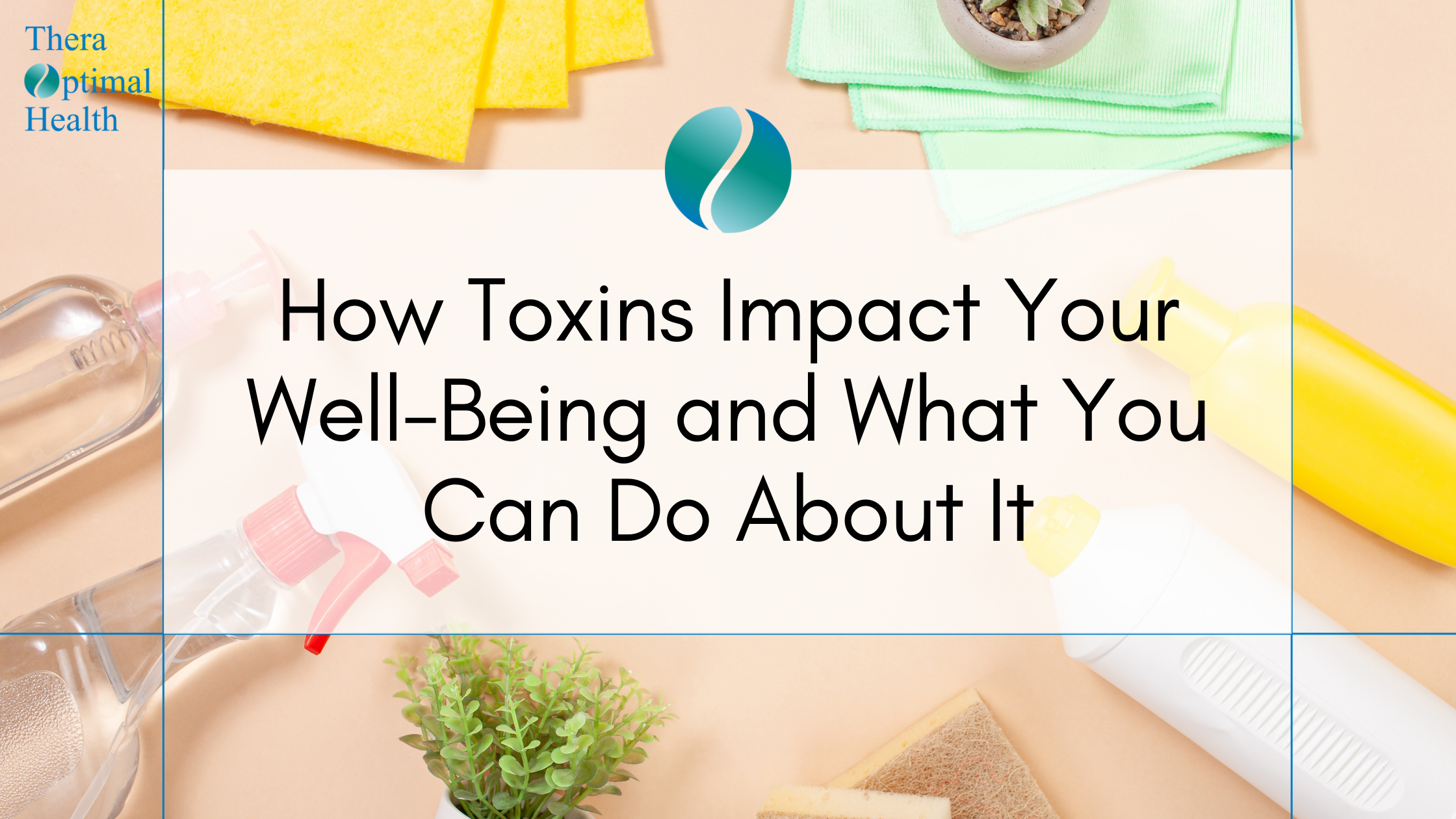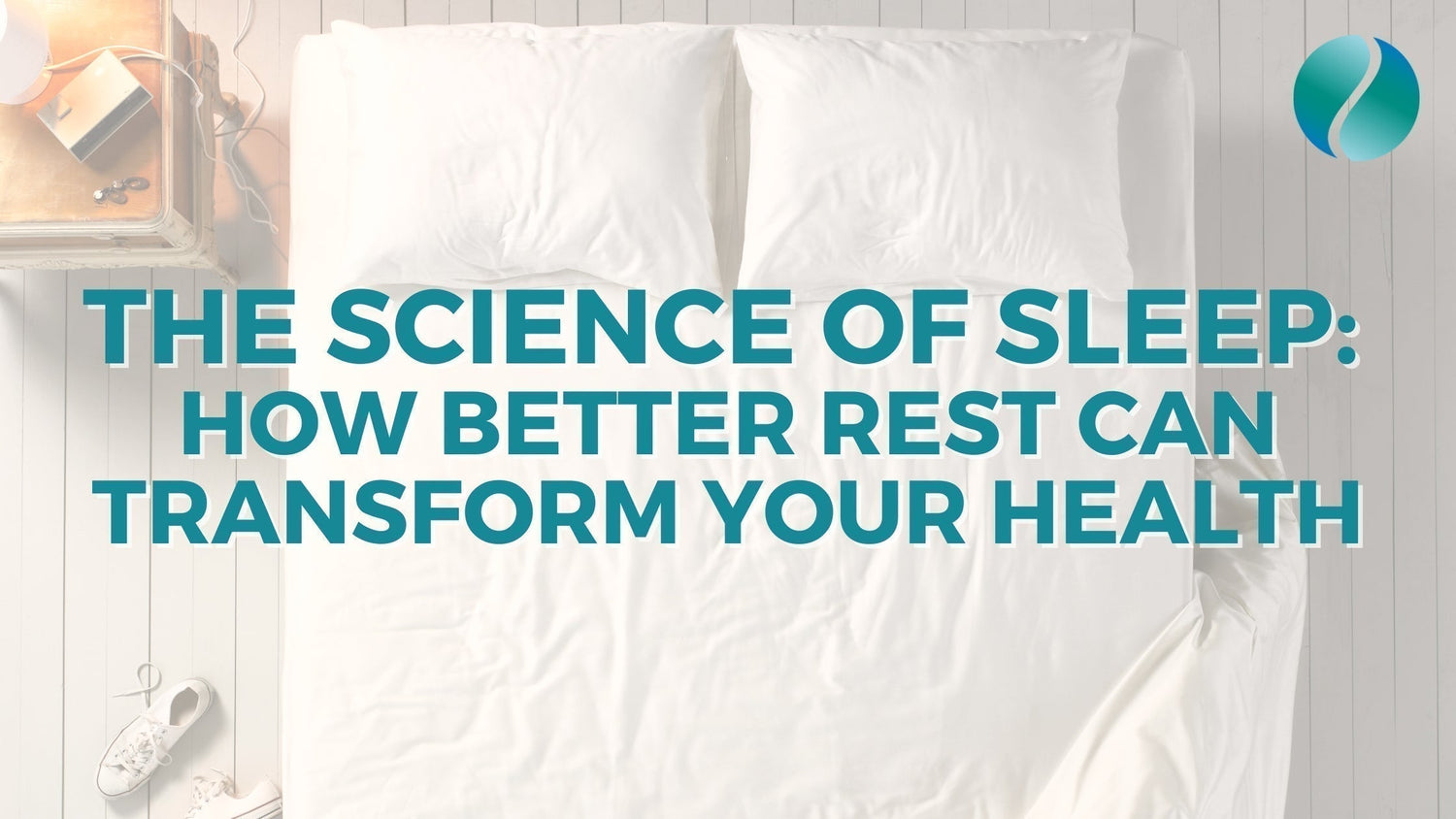In a world where health challenges seem to multiply, toxins often fly under the radar—silently infiltrating our bodies through the food we eat, the air we breathe, and the products we trust. Yet these invisible invaders may be behind many of today’s chronic health problems. Ever wonder why fatigue, brain fog, or unexplained symptoms persist despite a seemingly healthy lifestyle? The answer could lie in your toxic load—the total accumulation of toxins in your body.
By understanding how toxins work and taking steps to reduce your exposure, you can reclaim control of your well-being and start feeling more vibrant, energized, and resilient. Let’s dive into what toxins are, where they lurk, and how you can take proactive steps to protect yourself.
Ready to take control of your toxic load and protect your health?
Discover how the Foundations Program can guide you through practical steps to reduce toxins and improve your overall well-being. With expert-led modules on nutrition, hydration, and detoxification, this program empowers you to live a healthier, toxin-free life.
Learn More About the Foundations Program Now>>
Why You Should Care About Your Toxic Load
Toxins are harmful substances that can negatively impact our health. These substances, found in both natural and synthetic forms, accumulate in our bodies over time, leading to what is known as "toxic load." The body’s detoxification systems—liver, kidneys, skin, and lungs—work to eliminate toxins. However, we’re exposed to so many toxins that these systems can become overwhelmed. When the body can no longer keep up with this toxic load, health problems may arise, from chronic illnesses to reduced immune function.
Natural vs. Synthetic Toxins: What’s the Difference?
- Natural toxins occur in nature and include substances like snake venom, molds, and certain plant compounds.
- Synthetic toxins are human-made and are far more common in everyday life. These are found in pesticides, cleaning products, plastics, and pharmaceuticals. Common examples include non-stick cookware (often containing PFAS chemicals), synthetic fragrances in air fresheners and cosmetics, and flame retardants in furniture.
Understanding the most common sources of toxins is the first step in reducing exposure and protecting your health.
Key Sources of Toxins in Your Environment

Environmental Toxins: Pollutants like smog, smoke, and chemicals from industrial waste all contribute to the toxic load. Heavy metals such as lead and mercury can enter the body through air pollution, contaminated water, or even household products. Regular exposure to these elements can affect the respiratory system, immune function, and even cognitive health.
Household and Personal Care Products: Everyday products like cleaning agents, cosmetics, and fragrances often contain harmful chemicals like phthalates, parabens, and volatile organic compounds (VOCs). These toxins are absorbed through the skin or inhaled, potentially disrupting hormone balance and leading to long-term health problems. Opting for non-toxic, organic alternatives can significantly reduce your exposure to these hidden hazards.
Plastics and Endocrine Disruptors: Plastics in food containers, water bottles, and kitchenware often contain chemicals like BPA (bisphenol A) and PVC (polyvinyl chloride). These are endocrine disruptors, meaning they can interfere with hormone regulation, which is especially harmful to children and those with developing bodies. Reducing the use of plastic and switching to glass or stainless steel containers can help maintain hormonal balance.
Dietary Toxins: Processed foods, artificial additives, and pesticide residues in non-organic produce can introduce toxins directly into your system. Over time, these substances can damage gut health, trigger inflammation, and contribute to chronic diseases. Choosing organic, seasonal, and whole foods helps limit dietary toxins and supports overall well-being.
By recognizing the common toxins that increase your toxic load, you can take proactive steps to detoxify your body and create a healthier, toxin-free environment.
Health Impacts of Toxins
Toxins can affect various bodily systems and contribute to a wide range of health issues:
- Carcinogens: Certain chemicals and environmental pollutants are known carcinogens, increasing the risk of cancer with prolonged exposure. Some examples of carcinogens are tobacco, asbestos, formaldehyde, processed meat, and radon.
- Neurotoxins: Heavy metals like mercury and lead are neurotoxins, capable of damaging the nervous system. Long-term exposure may lead to cognitive decline, developmental delays in children, and conditions like Parkinson’s disease.[1]
- Endocrine Disruptors: Toxins like phthalates and BPA mimic or block hormones, leading to reproductive issues, developmental problems, and increased risk of diseases like diabetes and cancer. These disruptors interfere with the body's natural hormonal balance.
- Respiratory Toxins: Airborne pollutants, including chemicals from cleaning products and industrial waste, can cause respiratory illnesses such as asthma, bronchitis, and long-term lung damage. Indoor air quality is often worse than outdoor, increasing the risks.
Why Reducing Toxins Matters

Reducing toxin exposure is essential to protecting your health and improving your quality of life. Though it’s impossible to avoid all toxins, you can significantly reduce your exposure by taking a few proactive steps:
- Choose Organic: Opt for organic foods and sanitize your produce to avoid pesticides.
- Go Natural: Use natural cleaning products and personal care items.
- Improve Air Quality: Consider an air purifier to reduce indoor pollutants.
- Swap Out Cookware: Replace non-stick cookware with stainless steel or cast iron.
How to Support Your Detox Systems

The body’s natural detoxification systems—including the liver, kidneys, skin, and lungs—play a crucial role in removing toxins. Supporting these organs through simple lifestyle changes can make a big difference. For instance, staying hydrated helps the kidneys filter out waste, sweating through exercise or sauna use helps the skin eliminate toxins, and practices like dry brushing can stimulate the lymphatic system.
Start with small, conscious choices to reduce your exposure to toxins. Swap one household product for a toxin-free alternative this week and observe the positive changes. Every effort you make lowers your toxic load and brings you closer to a healthier, more vibrant life.
Take Control of Your Health
The Foundations Program offers in-depth guidance on reducing toxins and improving your wellness from the inside out. With lifetime access to expert-led modules, you'll gain the tools and strategies to make lasting changes.
Explore the Foundations Program Here>>
Resources:
[1] Aravindan, Anumitha et al. “Literature review and meta-analysis of environmental toxins associated with increased risk of Parkinson's disease.” The Science of the total environment vol. 931 (2024): 172838. doi:10.1016/j.scitotenv.2024.172838





